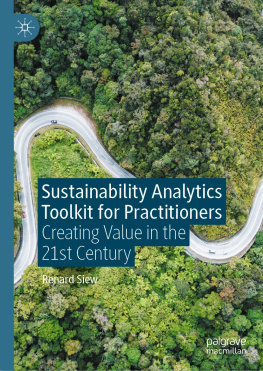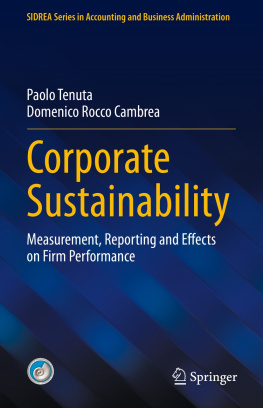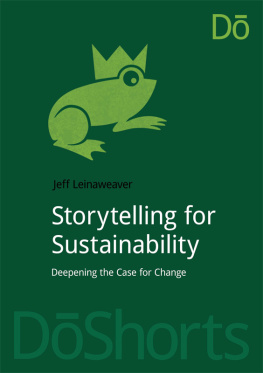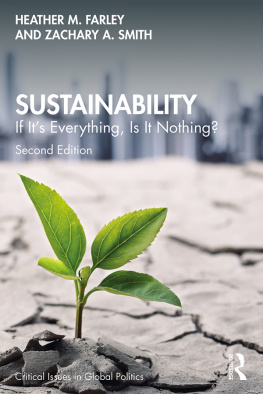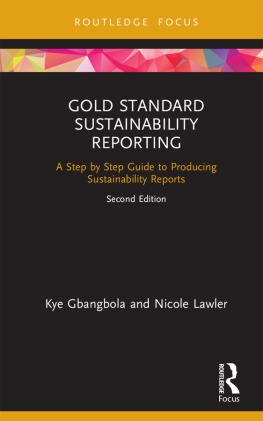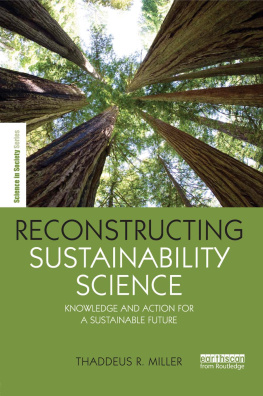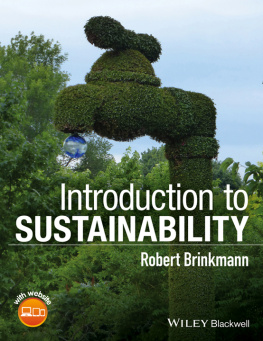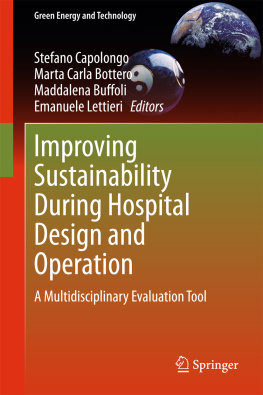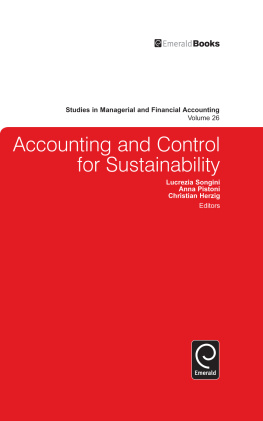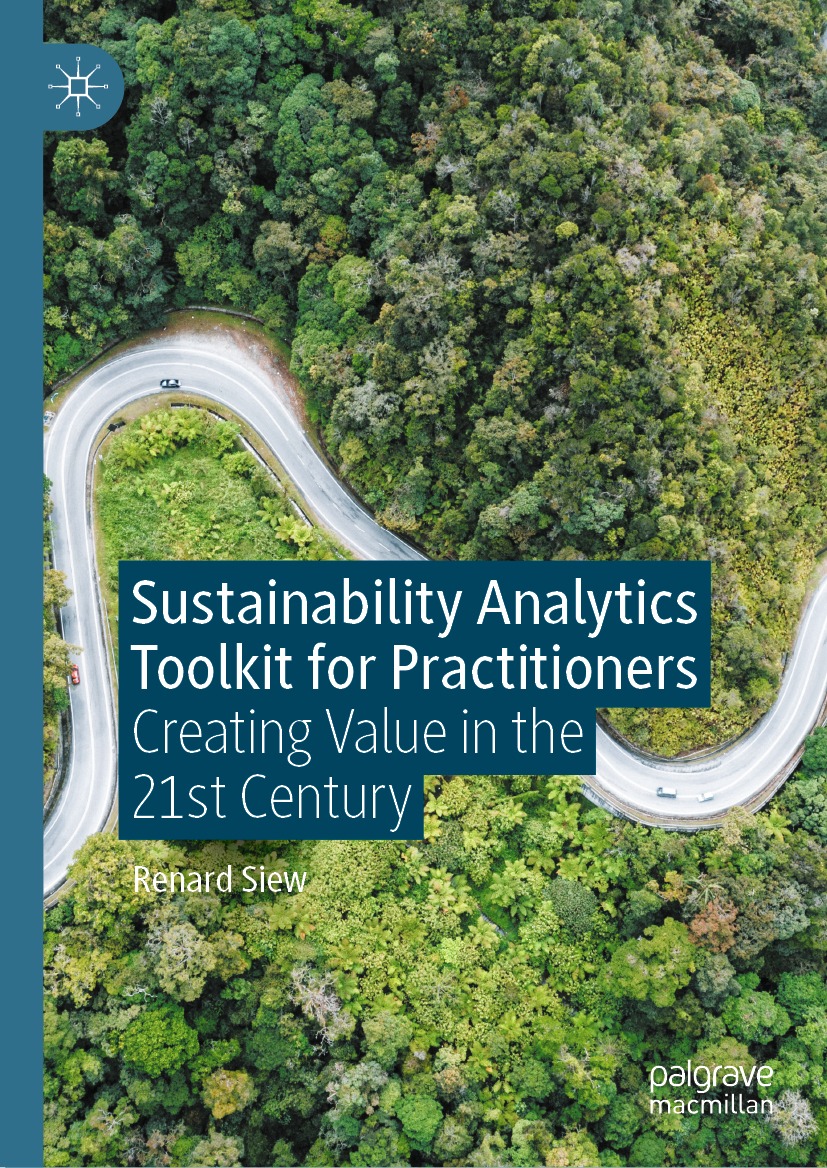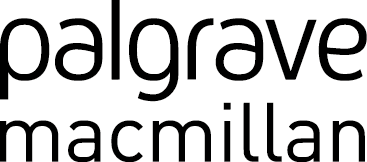Renard Siew - Sustainability Analytics Toolkit for Practitioners: Creating Value in the 21st Century
Here you can read online Renard Siew - Sustainability Analytics Toolkit for Practitioners: Creating Value in the 21st Century full text of the book (entire story) in english for free. Download pdf and epub, get meaning, cover and reviews about this ebook. year: 2023, publisher: Palgrave Macmillan, genre: Romance novel. Description of the work, (preface) as well as reviews are available. Best literature library LitArk.com created for fans of good reading and offers a wide selection of genres:
Romance novel
Science fiction
Adventure
Detective
Science
History
Home and family
Prose
Art
Politics
Computer
Non-fiction
Religion
Business
Children
Humor
Choose a favorite category and find really read worthwhile books. Enjoy immersion in the world of imagination, feel the emotions of the characters or learn something new for yourself, make an fascinating discovery.
- Book:Sustainability Analytics Toolkit for Practitioners: Creating Value in the 21st Century
- Author:
- Publisher:Palgrave Macmillan
- Genre:
- Year:2023
- Rating:5 / 5
- Favourites:Add to favourites
- Your mark:
Sustainability Analytics Toolkit for Practitioners: Creating Value in the 21st Century: summary, description and annotation
We offer to read an annotation, description, summary or preface (depends on what the author of the book "Sustainability Analytics Toolkit for Practitioners: Creating Value in the 21st Century" wrote himself). If you haven't found the necessary information about the book — write in the comments, we will try to find it.
This book solicits meaningful contributions from key experts and practitioners that have been dealing with the emerging area of sustainability analytics. In doing so, readers would understand the cost, impact and performance of their sustainability initiatives.
The book covers current analytical tools (eg: frameworks, standards, ESG indexes) to measure sustainability, and how these tools embed the Sustainable Development Goals (SDGs). In addition to that, a part of the book is also dedicated to the application of sustainability analytics, highlighting key challenges as well as the importance of engagement and communication in shaping the future direction of sustainability assessments.
This book will be extremely useful to both researchers and practitioners who are looking for best--in-class practices to create value from their sustainability initiatives.
Renard Siew: author's other books
Who wrote Sustainability Analytics Toolkit for Practitioners: Creating Value in the 21st Century? Find out the surname, the name of the author of the book and a list of all author's works by series.

